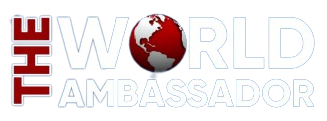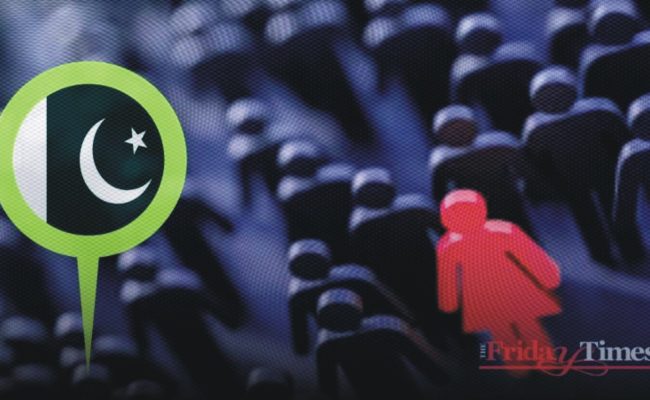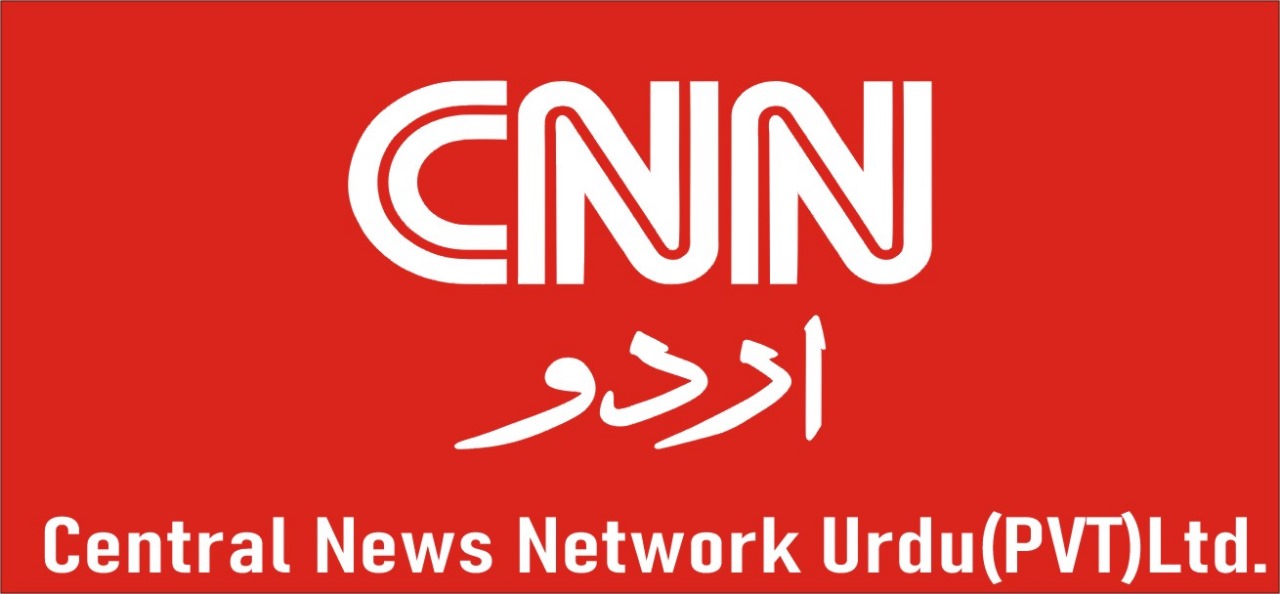By: Alisha ABID
The World Ambassador
________
Pakistan is confronting a critical development challenge — it ranks 145th out of 146 countries in the Global Gender Gap Index 2024, according to the World Economic Forum. This stark ranking highlights not only a social crisis but also a formidable obstacle to Pakistan’s economic and social progress. The World Bank Group (WBG) emphasizes that closing this gap is essential for a prosperous future and has made gender equality a core pillar of its 10-Year Country Partnership Framework for Pakistan.
The WBG outlines five key areas where investing in gender equality can transform Pakistan’s development trajectory — from better health and education to climate resilience and financial inclusion.
1. Healthy Mothers, Healthy Nation: Tackling Stunting Through Empowerment
Child stunting rates exceeding 40 percent in many regions of Pakistan remain one of the most pressing public health challenges. Experts say this issue extends beyond nutrition — it’s tied to women’s empowerment and access to healthcare. Healthier mothers lead to healthier children, which ultimately shapes a stronger and more productive workforce.
The World Bank is supporting programs that enhance maternal healthcare, family planning education, access to clean water, and targeted awareness campaigns focusing on women and girls. These interventions aim to break the cycle of poor nutrition and economic vulnerability that perpetuates inequality.
2. Educating Girls: Investing in Pakistan’s Future
Nearly one in three school-age children in Pakistan are not in school, with girls disproportionately affected. Barriers such as safety concerns, long distances, lack of sanitation, and limited female teachers prevent many girls from continuing their education — especially at the secondary level.
The WBG is working to provide scholarships, safe transportation, improved facilities, and digital learning tools to help more girls stay in school. Educating girls is not only a moral imperative but also a strategic investment that contributes directly to national productivity and economic growth.
3. Climate-Resilient Agriculture: Empowering Women Farmers
Women make up 68 percent of Pakistan’s agricultural workforce but earn 37 percent less than men. The impacts of climate change have deepened this inequality, disproportionately affecting women who depend on farming for their livelihoods.
Through its programs, the WBG is helping women farmers gain training in climate-smart agriculture, secure land rights, and better access to markets. Investments in resilient infrastructure and social safety nets are also helping shield vulnerable rural communities from climate shocks while boosting household incomes.
4. Breathing Easier: Clean Air Initiatives for Women’s Health
Indoor air pollution caused by traditional cooking fuels continues to harm millions of women across Pakistan, resulting in respiratory illnesses and economic losses. Less than half of Pakistani households use clean cooking options, leaving women especially exposed.
To address this, WBG-backed projects are expanding clean cooking solutions, promoting women’s participation in clean energy sectors — including the electric-bus industry — and providing skills training and leadership opportunities. These efforts not only improve health outcomes but also open new pathways for women’s economic empowerment.
5. Financial Inclusion: Expanding Women’s Access to Banking and Technology
Around 55 million Pakistani women remain outside the formal banking system, limiting their ability to manage finances, access credit, or grow businesses. Only half of women own a mobile phone, and just 30 percent use mobile internet.
To close this gap, the WBG is strengthening digital payment systems, expanding mobile connectivity, and leveraging platforms such as the Benazir Income Support Program (BISP) to promote women’s financial independence. Greater access to financial tools empowers women to support their families, run businesses, and reduce poverty at the household level.
Addressing Gender-Based Violence: A Critical Component
The fight for gender equality in Pakistan cannot be won without tackling gender-based violence (GBV). Studies show that 28 percent of women in Pakistan experience intimate partner violence, while sexual harassment in public and workplace settings remains widespread — affecting 80 percent of women in Karachi, 32 percent in Peshawar, and 27 percent in Quetta.
The World Bank is integrating GBV prevention and response measures into its programs across multiple sectors — from education to agriculture — while working to improve referral systems, case management, and community awareness to foster a safer environment for women and girls.
The Road Ahead
Despite the daunting statistics, experts agree that the potential rewards of gender equality are immense. Investing in women means investing in stronger families, resilient communities, and sustainable economic growth.
With coordinated government action, private-sector commitment, and sustained investment, Pakistan can unlock the potential of its women — turning one of its greatest challenges into a powerful driver of national prosperity.
As the World Bank emphasizes, “Empowering women is not just about fairness — it’s about building a stronger Pakistan for everyone


